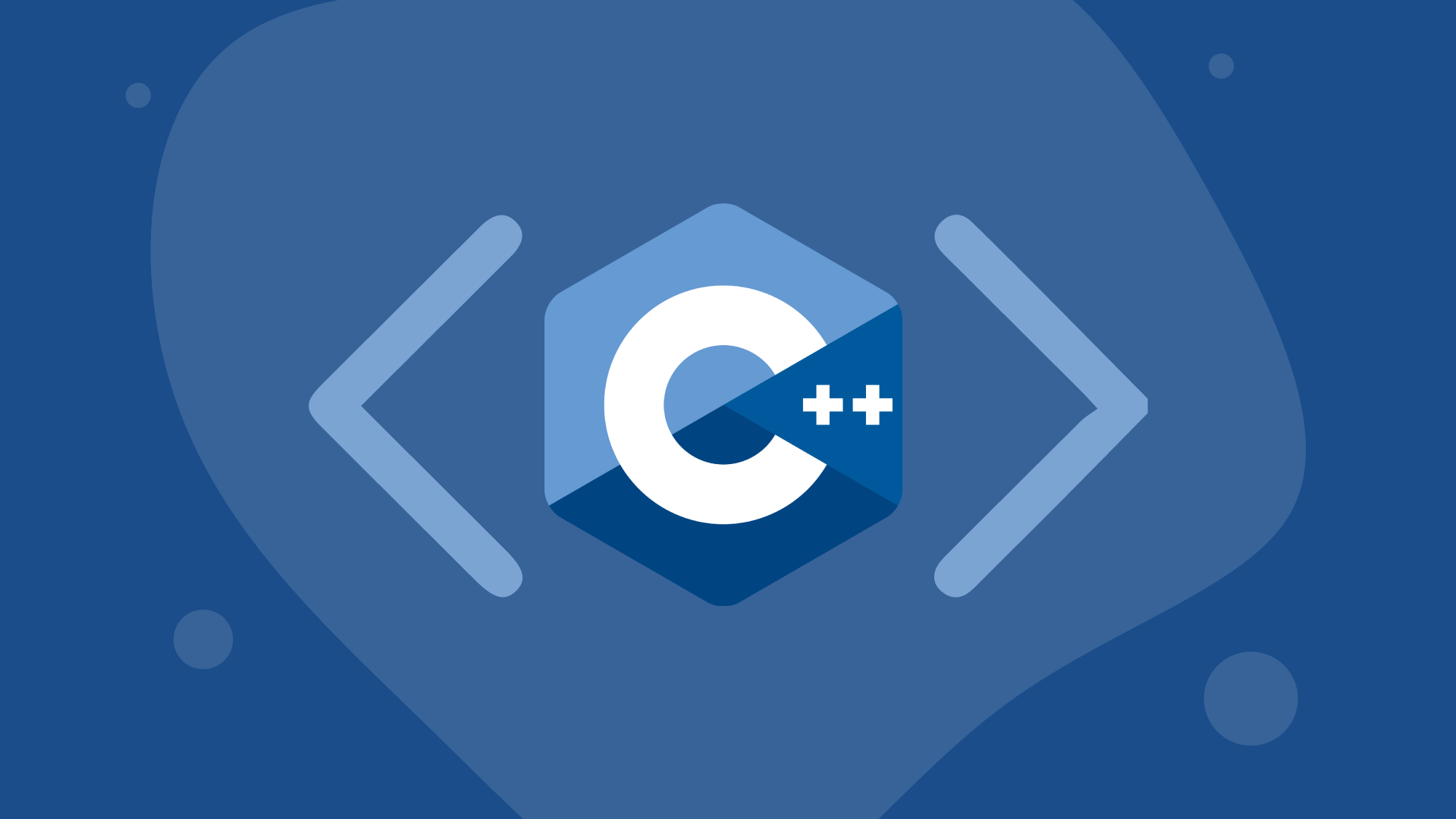
좋은 Example
int x = 10;
int& foo(int a, int b)
{
return x;
}
int main()
{
auto ret1 = foo(1, 2); // int, auto는 참조형 타입을 제거하고 받음.
decltype(foo(1,2)) ret2 = foo(1,2); // int&, 평가되지 않은 표현식(unevaluated expression)
//C++14
decltype(auto) ret3 = foo(1,2); // 위와 같은 표현이다.
}
리턴형이 애매할때 decltype으로 리턴변수를 받아쓰자. -> 그런데 이럴일이 있나?
// 텔레그램의 소수중 하나
auto operator()(producer<Value, Error, Generator> &&initial) { // operator()가 호출되면
return make_producer<Value, Error>([ // make_producer가 호출되는데, 그 매개변수로 람다식이 들어감
initial = std::move(initial),
limit = _count
](const auto &consumer) mutable {
auto count = consumer.template make_state<int>(limit);
auto initial_consumer = make_consumer<Value, Error>( // 세 개의 매개변수가 들어감.
[consumer, count](auto &&value) {
auto left = (*count)--;
if (left) {
consumer.put_next_forward(
std::forward<decltype(value)>(value));
--left;
}
if (!left) {
consumer.put_done();
}
}, [consumer](auto &&error) {
consumer.put_error_forward(
std::forward<decltype(error)>(error)); // 매개변수의 자료형을 알수 없기에 decltype을 사용하게 된다.
}, [consumer] {
consumer.put_done();
});
consumer.add_lifetime(initial_consumer.terminator());
return std::move(initial).start_existing(initial_consumer);
});
decltype을 설명하기 위해서 auto도 같이 설명이 들어가야한다. 일단 사용은
int main()
{
double x[5] = {1, 2, 3, 4, 5};
// double n1 = x[0];
auto n1 = x[0];
decltype(n1) n3;
}
변수의 타입을 컴파일러가 결정하는 문법
컴파일 시간에 결정이 되므로 실행시간에 오버헤드는 없다.
auto
- 우변의 수식으로 좌변의 타입을 결정한다.
- 반드시 초기값 (우변식)이 필요하다.
decltype
- ()안의 표현식을 가지고 타입을 결정
- 초기값이 없어도 된다.
사실 여기까지만 봐서는 어디서 쓰일지 모르겠음… 예제로 보자
#include <iostream>
#include <typeinfo> // for typeid
int foo(int a, double d)
{
return 0;
}
int main()
{
foo(1, 3.1);
decltype(foo) d1; // 함수 타입 - int(int, double)
decltype(&foo) d2; // 함수 포인터 타입 - int(*)(int, double)
decltype(foo(1, 3.1)) d3; // 함수 반환(return) 타입 - int
std::cout << typeid(d1).name() << std::endl;
std::cout << typeid(d2).name() << std::endl;
std::cout << typeid(d3).name() << std::endl;
}
#include <typeinfo>
using namespace std;
int main() {
int value;
double dvalue
cout << typeid(value).name() << endl; // i
cout << typeid(dvalue).name() << endl; // d
return 0;
}
string value;
// 위에서 설명 됐듯 decltype의 ()안에 자료형으로 사용됨.
decltype(value) name = "Bob";
cout << name << endl; // okay
좀 더 상세한 설명
int main()
{
int n = 0;
int* p = &n;
decltype(n) d1; // int
decltype(p) d2; // int*, 명확하게 자료형이 나오면 그 자료형 대로 판단
decltype(*p) d3; // int&, decltype(수식) : 수식이 lvalue라면 참조, 아니면 값 타입
decltype((n)) d4; // int&, 변수에 연산자("()")가 붙어있어 lvalue라 판단
decltype(n+n) d5; // int, n+n = 10 -> error
decltype(++n) d6; // int&, ++n = 10 -> ok
decltype(n++) d7; // int, n++ = 10 -> error
int x[3] = {1,2,3};
decltype(x[0]) d8; // int&, x[0] = 10 -> ok
auto a1 = x[0]; // int
// 같은 x[0]라도 decltype과 auto의 차이를 알자
}
int x = 10;
int& foo(int a, int b)
{
return x;
}
int main()
{
auto ret1 = foo(1, 2); // int, auto는 참조형 타입을 제거하고 받음.
decltype(foo(1,2)) ret2 = foo(1,2); // int&, 평가되지 않은 표현식(unevaluated expression)
//C++14
decltype(auto) ret3 = foo(1,2); // 위와 같은 표현이다.
}
auto 와 decltype
#include <iostream>
#include <typeinfo>
#include <vector>
using namespace std;
int main()
{
// 배열
int x[3] = { 1, 2, 3 }; // x : int[3]
auto a1 = x; // int a1[3] = x; - error, 따라서 배열의 첫 번째 요소 주소를 넣어준다.
auto& a2 = x; // int (&a2)[3] = x; - ok
// a2 : int (&)[3]
decltype(x) d; // int [3]
cout << typeid(a1).name() << endl; // int*
cout << typeid(a2).name() << endl; // int(&)[3]
cout << typeid(d).name() << endl; // int [3]
auto a3 = 1; // int
auto a4{1}; // int
auto a5 = {1}; // initializer_list
vector<int> v1(10, 0);
auto a6 = v1[0]; // int
vector<bool> v2(10, 0);
auto a7 = v2[0]; // _Bit_reference?? -> temporary proxy를 알아야 됨. 일단은 받아들이자.
}